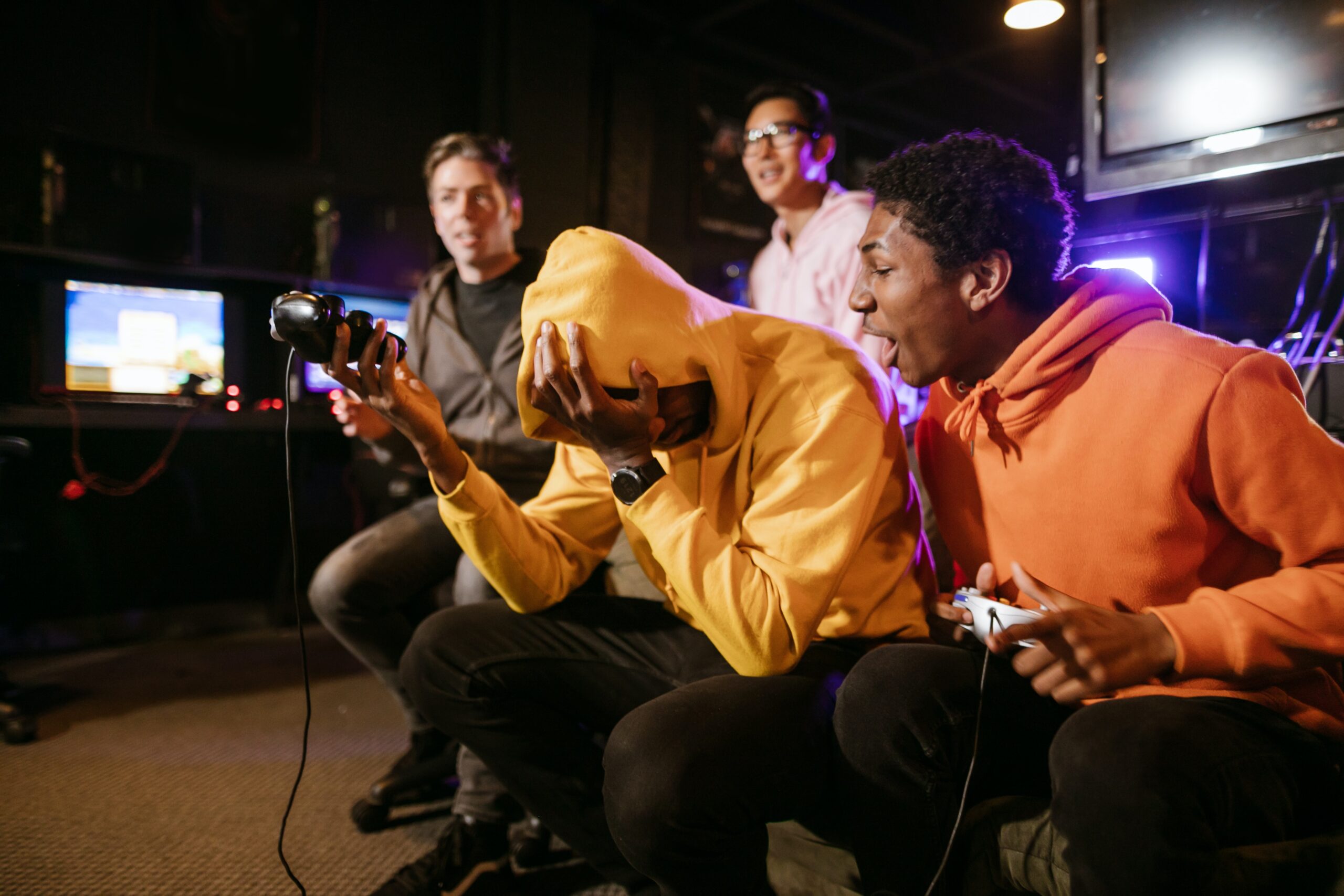
When someone feels the need to spend more and more time playing online games to experience the same level of pleasure, it is a clear signal that game addiction is developing. The inability to reduce playtime and the inability to successfully quit gaming despite the negative consequences indicate that game addiction has taken hold.
Gaming often begins as a form of entertainment. However, when it takes up an excessive amount of time and the desire to engage in other activities or social interactions disappears, game addiction can develop. This addiction can have serious consequences for one’s mental health and daily functioning. It is crucial to understand the causes of game addiction, and early recognition is vital to break free from the addiction. Liberty Home Primary Care Facility, located in Belgium, offers help to those seeking recovery from game addiction.
Gaming is often seen as a leisure activity, but it can gradually turn into an addiction when individuals seek comfort, escape, or validation through the virtual world. The transition from casual gaming to a constant need to game is a clear sign of emerging addiction.
Online game addiction can affect individuals of various age groups, but research suggests it is more common in younger people, especially adolescents and young adults. In our highly digitized world, it is common for parents to use screens to keep their children calm or occupied. Unfortunately, this can lead to reduced social interaction and a lack of physical activity. Moreover, it can unintentionally lead to later game addiction.
Game addiction impacts the brain and daily life. Online games affect the brain in a similar way to addictive drugs because they stimulate the release of dopamine, a chemical that reinforces behavior. This is one of the reasons why online gaming can be an addictive stimulus.
What makes games so addictive is their immersive nature. Virtual worlds offer an escape from reality and create a sense of achievement, “social interaction,” and an environment where challenges can be overcome. These aspects contribute to the excitement that fuels gaming addiction.
Additionally, certain games can enhance visual capabilities. They challenge players to track multiple objects, mentally rotate objects, and store and manipulate them in memory, even in the least advanced action-entertainment games.
Gaming addiction can lead to neurochemical changes in the brain. The release of dopamine during gaming creates a pleasurable experience, reinforcing the urge to continue playing. Over time, these changes can rewire neural pathways in the brain, contributing to the cycle of addiction.
When someone becomes addicted to gaming, various signs and symptoms of online gaming addiction (Internet Gaming Disorder) can manifest, including:
Withdrawal symptoms such as sadness, anxiety, or irritability occur when games are taken away or gaming is not possible.
We’ll be honest: overcoming addiction isn’t a stroll through the park. However, our multifaceted programme assures you of optimal guidance and support throughout your recovery. We specialize in various forms of psychological treatment, namely Dialectical Behavioral Therapy (DBT) and Cognitive Behavioral Therapy (CBT).
Trust is what keeps our team and community together. We are ardently focused on helping you achieve a realistic reintegration into your original environment and community. For that, we need you to act. Only talking doesn’t cut it. Re-integration requires commitment, effort, and hard work. If you’re up for it, we promise to support you in every way we can.
“Action is key. Nobody talks themselves into addiction, and we cannot simply talk our way out of it.”


For international calls, you can contact us via WhatsApp Call
Send us an e-mail:
If you are interested in receiving news and updates about Liberty Home, please enter your details below to be added to our newsletter. We would like to keep in touch with those who are close to us to show what we are working on, the volunteer programs, daily activities, and positive news!